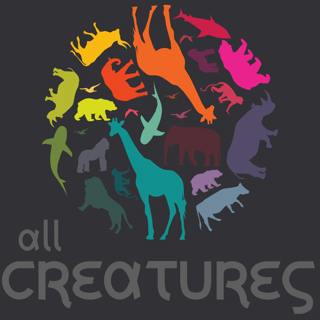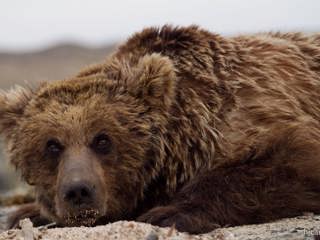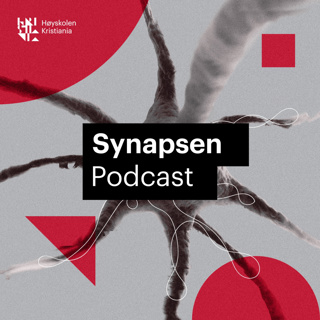
The Week in Conservation for August 10, 2018
This week we discuss the Southern Resident orca whales still in trouble, can animals have emotions, leopard geckos regenerate thier brains, some really fascinating news that is nearly science fiction, and more. Join us. Show notes HERE Please consider visiting our Patreon page HERE. Learn more about your ad choices. Visit megaphone.fm/adchoices
10 Aug 201856min

Episode 50: In the Sea, there be Dragons
The Seadragon is related to the Seahorse and Pipefish. They belong to the family Syngnathidae. There are over 215 species in this family to include: 3 Seadragons, 47 Seahorse, and 165 Pipefish. Seadragons are some of the most elaborate, exotic, gorgeous animals on Earth. Show notes HERE Learn more about your ad choices. Visit megaphone.fm/adchoices
7 Aug 20181h 8min

Episode 49:Antipodes, sub-Antarctic Conservation w/Theo Van Noort
Theo Van Noort is a Research Associate at the New Zealand Institute of Plant and Food Research. He currently works on entomology, bombiculture and crop pollination, and previously his Master’s research at the University of Auckland examined invasive wasp populations and their effect on pollination. He went to the Antipodes Islands in 2018 to evaluate the effectiveness of the Million Dollar Mouse Project and to evalaute its work on rehabilitating insect populations. Show notes HERE Learn more about your ad choices. Visit megaphone.fm/adchoices
2 Aug 201852min

Episode 48: Key Mice, Key to a Healthy Ecosystem
The Perdido Key Beach Mouse and the Key Largo Cotton Mouse are both endangered species of mouse in the state of Florida in the United States. Both are classified as endangered due to human development, habitat destruction and invasive species such as feral cats. Both are very critical to maintaining healthy ecosystems. Show notes HERE Please consider visiting our Patreon page HERE. Learn more about your ad choices. Visit megaphone.fm/adchoices
31 Jul 20181h

The Week in Conservation News for July 27, 2018
This week Angie & Chris discuss the culling of hippos in Zambia, updates on the Icelandic whale hunt, just how bad is meat for the environment, and other topics. A mixed bag in the world of conservation this week. Check out (image) this new dancing spider (Maratus unicup) discovered in Australia by Jurgen Otto. Show notes HERE Please consider visiting our Patreon page HERE. Learn more about your ad choices. Visit megaphone.fm/adchoices
27 Jul 201854min

Episode 47: Fiona the Hippo w/Christina Gorsuch
Fiona is undoubtedly one of the world's most famous hippos. Born premature and rejected by her mother, our guest Christina Gorsuch and her team raced to save her. Show notes HERE Please consider visiting our Patreon page HERE. Learn more about your ad choices. Visit megaphone.fm/adchoices
26 Jul 20181h 6min

Episode 46: Happy Happy Hippo
The Hippopotamus is considered the second heaviest land mammal (7000 lb/3200 kg), behind elephants (13,000 lb/6000 kg). There is debate if it is the second or third largest land mammal since the rhinoceros (5000 lb/2300 kg) can stand taller at 6 feet (1.8 m) compared to a hippo at 5 feet (1.5 m) but not weigh quite as much. The ancient Greeks called the Hippopotamus the ‘River Horse.’ The name Hippopotamus can be broken down to hippo, meaning horse in ancient Greek, and potamus, meaning river in ancient Greek. These semi-aquatic mammals originated in the rivers, streams and lakes of the African Continent. Show notes can be found HERE Please consider visiting our Patreon page HERE. Learn more about your ad choices. Visit megaphone.fm/adchoices
24 Jul 20181h 24min

This Week in Conservation for July 20, 2018
Angie rejoins the news segement to discuss some interesting stories. New Zealand continues to lead others in conservation of its native plants and wildlife. In Zambia an all womans team of rangers is leading the fight against poaching, while we also discuss indiginous peoples and thier importance to conservaiton, and much more. Show notes are HERE Learn more about your ad choices. Visit megaphone.fm/adchoices
20 Jul 201848min





















